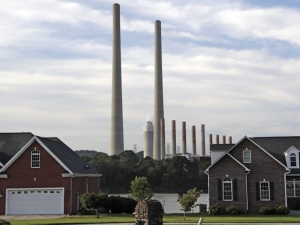

Research Bio
Reed Walker is an economist whose research examines environmental economics, labor economics, and public policy. He is best known for his studies of the economic costs of environmental regulations, particularly the impact of air pollution on health, productivity, and inequality. Walker’s work integrates applied microeconomics, econometrics, and environmental policy to evaluate how regulation affects firms, workers, and communities. His research has provided influential evidence on the distributional consequences of environmental policy and the economic benefits of reducing pollution.
He is a Professor of Business and Public Policy and Economics at UC Berkeley and a Research Associate at the National Bureau of Economic Research. He is currently an associate editor at the Quarterly Journal of Economics, American Economic Review - Insights and the Review of Economic Studies. He is the faculty co-director of UC Berkeley’s Opportunity Lab - Climate and Society Initiative, a research associate at the Energy Institute at Berkeley, and a research associate at the National Bureau of Economic Research. He was a recipient of the Sloan Foundation Research Fellowship and the IZA Young Labor Economist Award. His work has been supported by the Environmental Protection Agency, the National Science Foundation, the Robert Wood Johnson Foundation, the Sloan Foundation, and the Smith-Richardson Foundation.
At Berkeley, he teaches courses in applied statistics in the MBA program and courses on environmental and public economics at the graduate (PhD) level. He received his PhD in economics from Columbia University.
Research Expertise and Interest
environmental economics, public economics, labor economics


